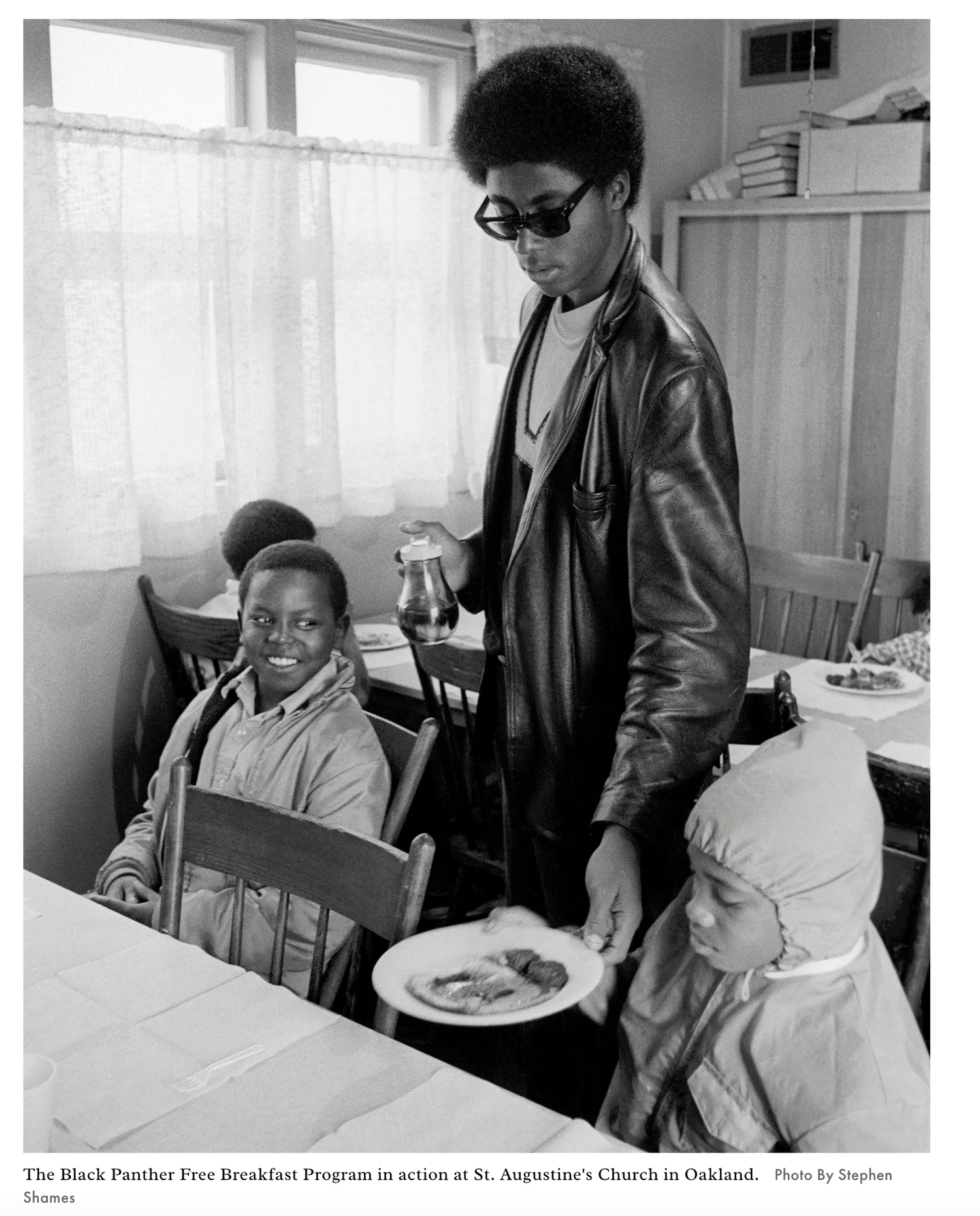Bodies upon the gears — The Food Archive
The years between 1965 and 1974, also known as the long sixties, were a decade in which the U.S. and the world were in great turmoil, witnessing a complete cultural shift led by the “baby boomer generation.” America had just emerged from a Great Depression and two devastating world wars that toppled and reorganized world order. As a result, it arose as the world’s foremost economic, political, and military power with a resulting illusion of great prosperity and hope for the future. But things began to unravel slowly. Just a few years prior, the young, charismatic President John F. Kennedy was gunned down in broad daylight in Dallas, Texas. His assassination shocked the nation and ended the optimism and innocence many, especially the youth, felt for the country’s future.
By 1965, the U.S. entrenched itself in what was to be a senseless war in faraway Southeast Asia, where we had very little business engaging in, a commonly held view around the world. Then came more nonsensical assassinations. The first was in 1965, when Malcolm X, an American Muslim minister and human and civil rights activist, was killed while giving a speech in the Washington Heights neighborhood of New York City (where Columbia University’s medical campus now sits). Just three years later, American Baptist minister, one of the most prominent civil rights leaders, Martin Luther King Jr., and a president’s brother and the former U.S. Attorney General, Robert F. Kennedy, were both gunned down in hotels in Memphis and Los Angeles, respectively. Then, from 1972 to 1974, the Watergate scandal plagued the country, leaving citizens wholly untrusting of its government and the lengths it would go to cover up crimes, no matter how inconsequential or considerable. The darkness fully engulfed the country when former president Nixon resigned from office before a certain impeachment because of the scandal.
Times were, to put it lightly, unhinged, and the country was fractured. Protests were an everyday occurrence. Students were being injured or killed on campuses for demonstrating, sometimes by the National Guard, the very institution meant to instill peace and protect citizens. On the other side of the world, young men were sacrificing their lives for a war without cause. Sound familiar? Indeed…
Many young people bucked convention by attempting to create a new future on their terms—an authentic counterculture movement. They took risks—running away from home to protest in the streets, joining a commune, or getting lost in the haze of the Haight. Even before the dark days of ‘68-69, students mobilized in incredible, organized, and purposeful ways. Check out Mario Savio, a student activist and leader of the Berkeley Free Speech movement in the video below making a speech in 1964 on the Berkeley campus named “Bodies Upon the Gears” (also known as the Operation of the Machine). His speech is highly relevant today.
“There is a time when the operation of the machine becomes so odious, makes you so sick at heart, that you can’t take part! You can’t even passively take part! And you’ve got to put your bodies upon the gears and upon the wheels … upon the levers, upon all the apparatus, and you’ve got to make it stop! And you’ve got to indicate to the people who run it, to the people who own it, that unless you’re free, the machine will be prevented from working at all!”














Post Comment